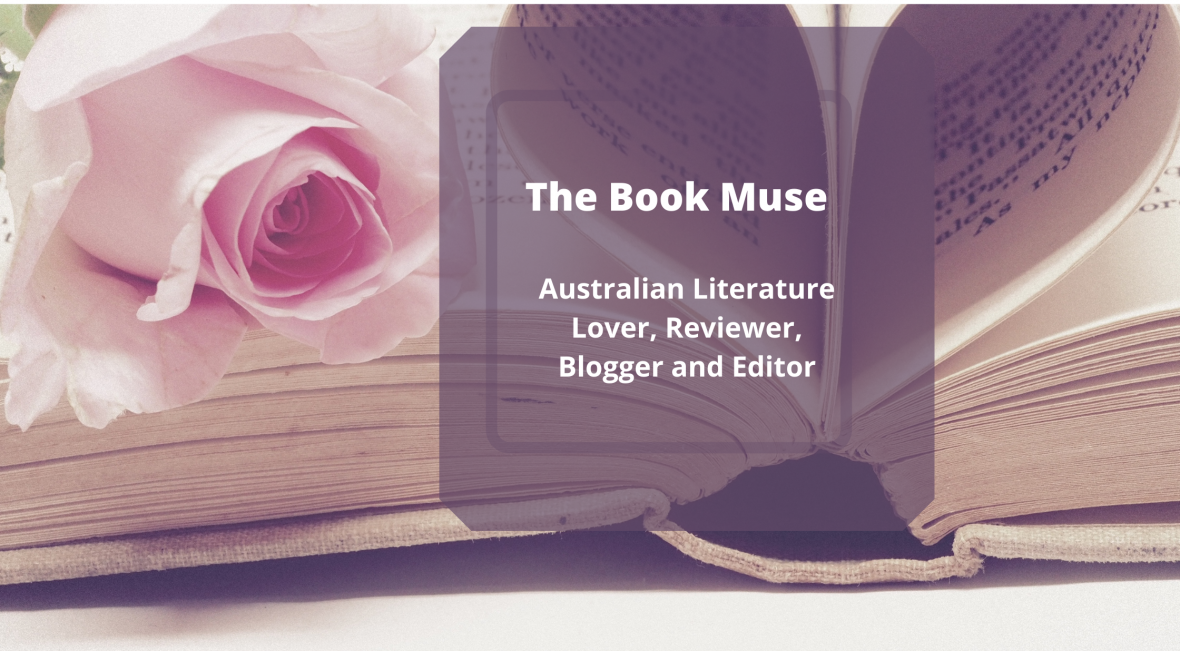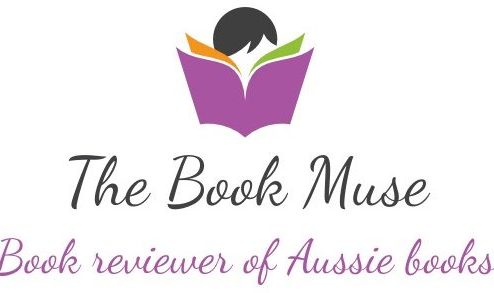Title: Becoming Mrs Mulberry
Author: Jackie French
Genre: Historical Fiction
Publisher: HarperCollins
Published: 8th March 2023
Format: Paperback
Pages: 512
Price: $32.99
Synopsis: From bestselling author Jackie French comes a book about the secrets we carry, those that we unearth – and those that are too dangerous to tell.
The once impoverished medical student Agnes Glock is now the fabulously wealthy Mrs Mulberry. Her estate in the mountains is magnificent, a haven for those too ravaged by the Great War to cope with the society that first condemned them to battle, and which now shuns them.
The War has, however, stolen Agnes’s chance to graduate as a doctor, as well as the fiancé she adored. Her husband, Douglas Mulberry, remains shellshocked and unable to speak. Their scandalous marriage is a farce, an act of kindness to keep Douglas’s fortune from his uncle’s grasp.
A chance visit to a circus brings about a mystery in the form of a fairylike child whose guardians claim was brought up by dingoes. The child cannot speak and seems deformed. But Agnes is inexplicably drawn to her and believes she can be cured.
The decision to save the child will bring Agnes’s lost fiancé into her life again, as well as awaken the love of her husband who finds his voice as the three try to solve the mystery of the ‘dingo girl’.
Agnes has put aside her own life and the dreams she once had. But now she has choices, with the main question the hardest: Who is Mrs Agnes Mulberry?
~*~
Agnes Glock was studying as a medical student when World War One ended, and she was unable to graduate and the man that was going to be her husband was declared deceased. In 1920, she married Douglas Mulberry and became his wife and guardian, with the help of his sister, Puddin’, and her partner, Jean so they could usher him away from the poor care of a nurse in Edinburgh, who was installed by his uncle, Montague Mulberry. Douglas and Agnes now live at Wombat Hills, an estate that is a refuge and have for those ravaged physically and emotionally buy the War, including Douglas, who is slowly recovering and trying to keep Douglas’s fortune out of the grasp of his uncle who seems determined to make things hard for everyone, including his niece and nephew – the only family he has left.
One day, whilst on her way home from the city, Agnes stops by a circus, and discovers ‘The Dingo Girl’ sideshow act. Shocked at the abhorrent display, Agnes whisks the child away, and names her Diane, and finds out that she has an illness affecting her ability to speak and eat – though the circus claims she was raised by dingoes. Agnes sets about arranging care and treatment for Diane, as she has done for the other residents of Wombat Hills, employing her driver’s mother and sister to help care for the child – but sinister forces and people wish to take her away and reveal the truth behind her marriage to Douglas – but who and why? As Agnes cares for the child, she starts to find out what has made her Mrs Mulberry, and who her husband was before shellshock took over as they try to solve the mystery of where Diane came from – in a safe place, where they can all find out who they are and find their voices.
Agnes is determined to help all the men and women who have come to Wombat Hills to avoid the asylums they might otherwise be sent to – because they’re too damaged in the eyes of society, and so is the Dingo Girl she rescues – deemed someone unsuited to society and someone who cannot be helped at all. Yet whilst reading, I could see that Agnes knew there was more to helping people like Diane and those wounded physically and emotionally in the war than what everyone seems to be saying. Post-war history, particularly what happened to people afterwards and how they lived, especially if it isn’t as glamorous as the rest of the 1920s, seems to be something that isn’t featured in fiction as much, and that is why I think this new book from Jackie French is powerful. It allows these stories to be told sensitively and show that even though wider society might have had assumptions about certain people and certain conditions, there were people who worked to fight these prejudices – which is always interesting to see and see how it is represented in fiction. Jackie French always does this well with untold history – for years, she has had such a great talent for teasing out the details that are not always in the books that everyone reads or gets to read, and I have always liked that about her books.
Another thing I love about Jackie French’s books is that she always centres women – and this allows the voices of the unheard, the ones who for whatever reason, have been almost erased from the history books. She lets them speak for themselves and lets the women show just how capable they are without demeaning the male characters, and shows the diversity and contrast of class, as well as exploring the stories and experiences from her own life – I think there is always a little bit of something of Jackie French in her books and this is what makes them so readable and has me continuing to go back to her books. This is yet another example of Jackie taking untold history, or relatively unknown history, and creating an engaging narrative around it and the characters that have many motivations for what they do, whilst exploring what it means to be someone’s wife, to be a carer to all kinds of people, to be able to do what you want in life, especially in a time in history when the world and expectations of society dictated what you should be doing based on class and gender. Jackie makes quite a bit of commentary on this through all her characters, positing some as specific villains.
I did like that Huw and Douglas were both very understanding and didn’t want to force people into rigid roles. I felt that they had a grasp on what the world was and what it was becoming more than the traditionalists that seemed to rule the world at the time, and this was refreshing to see. I also loved Agnes’s loyalty to Douglas and those around her at Wombat Hills. She’s determined to make sure that everyone is treated fairly. The interwar period is not one I often read about in books – usually historical fiction revolves around the wars, or major historical events, rather than the in between times, which were just as interesting because books like this give us insight into history and society and the ways Australian upper class society was at the same time, its own entity yet also tried to mirror that of the British upper class and aristocracy that was portrayed in television shows like Downton Abbey. But this book focuses on the ways Agnes becomes the wife of Douglas Mulberry, filled with expectations from those around them, as well as how she can make the role and position her own, with the support of everyone in her household who wish to help her. I think this was beautifully done, because it showed how a group of people, with different experiences of war and class can come together to create a community and find their way in a world that doesn’t want to interact with them.
This is why I love Jackie’s books – not only does she always put something of herself or her family stories in them, but she also lets the once voiceless speak. She gives them power and a voice so they can be represented. Her books have always had a place on my shelves and this one is no exception. A very well written book.
Discover more from The Book Muse
Subscribe to get the latest posts sent to your email.



8 thoughts on “Becoming Mrs Mulberry by Jackie French”